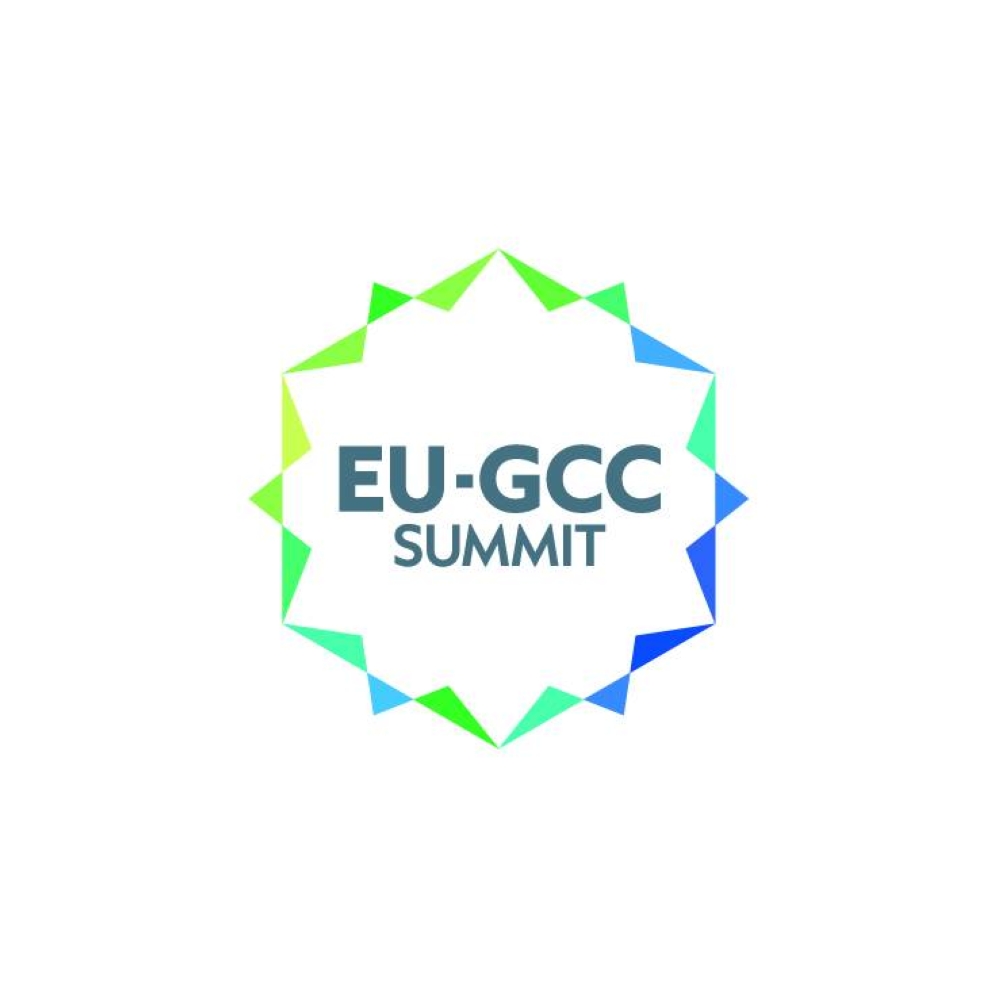The GCC and the European Union affirmed their commitment to a strategic partnership, aiming to elevate it to the highest levels based on mutual respect and trust, to benefit their peoples and the world.
They expressed their determination to enhance regional security and prosperity by preventing and resolving conflicts through dialogue and joint coordination.
This was outlined in the joint final statement issued at the first GCC-EU Summit, held in Brussels on Wednesday.
Regarding the situation in the occupied territories, the summit's statement called for full implementation of UN Security Council Resolution 2735, including an immediate and comprehensive ceasefire, the release of hostages, a prisoner exchange, and unimpeded access to civilians. It emphasised the need for safe and effective distribution of humanitarian aid across Gaza for all Palestinian civilians in need, expressing support for the mediation efforts led by Qatar, the Arab Republic of Egypt, and the US.
The statement urged all parties to adhere to international law, including international humanitarian law, and comply with International Court of Justice orders, particularly regarding the protection of civilians and children.
"We stress the need for the prompt and unconditional provision of humanitarian aid through opening all crossings in accordance with UN Security Council Resolution (2735), supporting the works of UNRWA and other UN agencies. We underscore the essential services provided by the UN Relief and Works Agency for Palestine Refugees in the Near East (UNRWA) in Gaza and across the region."
The GCC and EU leaders reaffirmed their steadfast commitment to realising the Palestinian people's right to self-determination through a two-state solution, where Israel and Palestine coexist peacefully within secure, recognised borders based on the 1967 boundaries, in line with international law, relevant UN resolutions, and the Arab Peace Initiative of 2002. They agreed to work together to revive a political process toward this goal, supporting the Palestinian Authority in its reform plans and stressing the need to cease actions that undermine its authority.
The leaders expressed concern over rising tensions in the region, urging all parties to exercise restraint, avoid further escalation, and engage in international diplomatic efforts to end the current cycle of violence. They expressed deep concern over military operations in the West Bank, which have led to numerous civilian casualties and infrastructure destruction, calling for an immediate halt.
The summit's statement strongly condemned ongoing settler violence in the West Bank, including East Jerusalem, and the Israeli government's decisions to expand settlements and legalise outposts across the occupied West Bank. It called on Israel to reverse these decisions and halt all unilateral measures that undermine peace prospects, including settlement activities, land confiscation, Palestinian displacement, and violations of international law.
The statement also condemned all forms of violence, incitement, and terrorism, underscoring the importance of maintaining the historical status quo in Jerusalem and its holy sites, and recognising Jordan's special role in this regard.
The statement condemned all civilian casualties, especially those involving children, and the catastrophic levels of hunger and imminent risk of famine due to inadequate access to and distribution of aid in Gaza. It strongly denounced attacks on civilians and humanitarian workers, whose safety must be guaranteed.
Additionally, the statement welcomed the formation of the Global Coalition for Implementing the Two-State Solution, announced by Saudi Arabia, the EU, and Norway on Sep. 26, 2024, in New York. It also expressed support for the Saudi, EU, Arab League, Egyptian, and Jordanian initiative to revive the Middle East peace process, launched in September 2023 in New York, and welcomed Bahrain's May 2024 declaration calling for an upcoming international peace conference.

